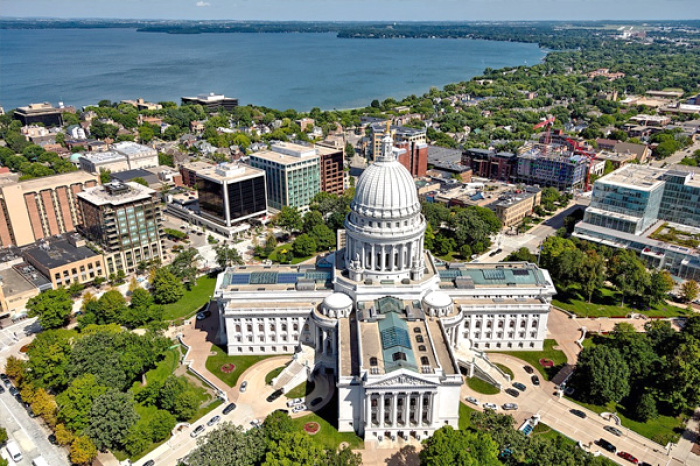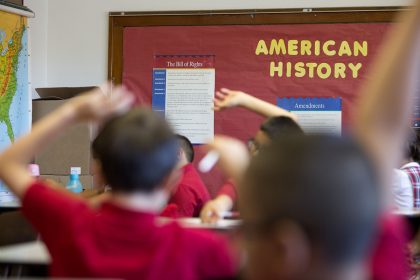
Wisconsin is looking to eliminate a religious tax exemption altogether rather than grant one to a Catholic charity organization that the U.S. Supreme Court unanimously ruled in June could not be denied the benefit.
Wisconsin Attorney General Josh Kaul filed a remedial brief on Monday before the state supreme court in relation to the case brought by the Catholic Charities Bureau, writing that the U.S. Supreme Court “did not prescribe a particular remedy” when siding with the charity earlier in June over its bid for an exemption from the state’s unemployment insurance program.
Kaul, a Democrat, argued that only two options were available: “expanding the statutory exemption to groups like Catholic Charities” or “eliminating it altogether.”
“And over the past 50 years, the Legislature has consistently expanded the universe of nonprofit employers that must participate in the unemployment system. Enlarging this exemption would reverse that trend,” he stated.
“By striking the exemption, this Court can avoid collateral damage to Wisconsin workers while still curing the discrimination the U.S. Supreme Court identified. It should so hold, thereby bringing this long-running case to a close.”
Earlier this year, the Supreme Court ruled in Catholic Charities Bureau, Inc. v. Wisconsin Labor Review Commission et al. that the Catholic charity group can be exempted from an unemployment insurance program even though the state deemed its services nonreligious.
The decision vacated an earlier ruling by the Wisconsin Supreme Court and sent the case back to the lower court level for further deliberation.
The Becket Fund for Religious Liberty, which is helping to represent Catholic Charities Bureau, filed a supplemental brief denouncing the request to remove the tax exemption fully, arguing that “Wisconsin long ago forfeited any claim to request that Catholic Charities’ remedy be anything other than receiving the exemption.”
“Wisconsin should have raised that issue well before reversal and remand by the United States Supreme Court,” the supplemental brief states. “It should have made those arguments in a timely fashion so that this Court and the United States Supreme Court had an opportunity to evaluate them.”
CCB is an umbrella organization comprising multiple charitable groups within the Roman Catholic Diocese of Superior.
In 2016, CCB asked the Wisconsin Department of Workforce Development for a religious exemption from paying into Wisconsin’s unemployment insurance program.
WDWD declined the request, arguing that the Catholic group was not primarily religious in nature. CCB appealed to an administrative law judge, who reversed the earlier ruling.
The department then petitioned the Wisconsin Labor and Industry Review Commission, which ruled against CCB, arguing that they did not qualify for a religious exemption.
In March 2024, the Wisconsin Supreme Court ruled 4-3 that CCB was “not operated primarily for religious purposes” and therefore ineligible for the religious exemption.
“CCB and the sub-entities, which are organized as separate corporations apart from the church itself, neither attempt to imbue program participants with the Catholic faith nor supply any religious materials to program participants or employees,” wrote Justice Ann Walsh Bradley for the majority.
In June, the U.S. Supreme Court unanimously ruled in favor of CCB, with Justice Sonia Sotomayor authoring the court’s opinion, which concluded that the Catholic charity could not be denied the exemption because its work was considered secular.
Sotomayor noted that any “law that differentiates between religions along theological lines is textbook denominational discrimination” and that “differentiation on theological lines is fundamentally foreign to our constitutional order.”
“It is fundamental to our constitutional order that the government maintain ‘neutrality between religion and religion,'” wrote Sotomayor. “There may be hard calls to make in policing that rule, but this is not one.”






